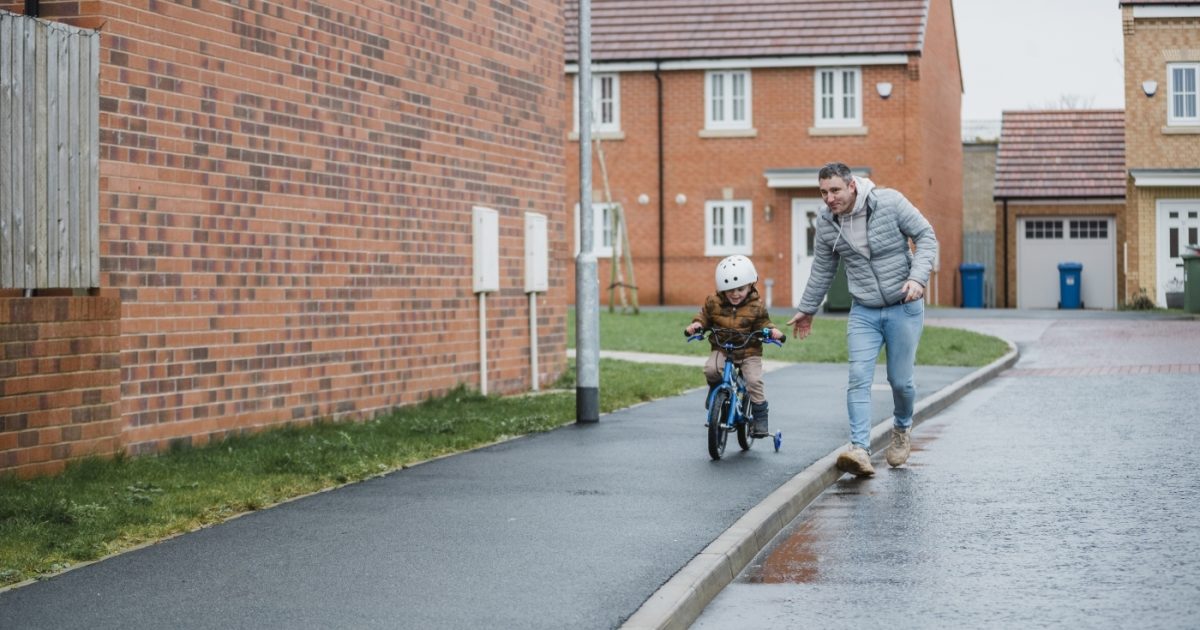Repurposing private rented housing to deliver a new generation of social homes for England
England’s housing crisis, which has been simmering for years, has reached boiling point. Far from providing stable foundations on which to build our lives, our housing system has instead become a source of insecurity, hardship, anxiety and poor health for millions. Private renters face ever rising rents, an increasing risk of homelessness compounded by the threat of “no fault” eviction, and are living in disproportionately poor quality, energy inefficient and dangerous homes, often ridden with damp and mould. Millions experience acute housing need, languishing on social housing waiting lists and in temporary accommodation. Social tenants remain marginalised. Home ownership is slipping further out of reach for millions, while homeowners face devastating rises in their housing costs. And social landlords face squeezes on their budgets, hindering their ability to invest in new homes and maintain existing homes.
Existing policy solutions have failed to resolve the core problems at the heart of our broken system. Demand side reforms – such as Help to Buy or cuts to stamp duty – have cost taxpayers billions, but have only further inflated demand and prices. We are in desperate need of more housing supply, but we are failing to build the number of homes – particularly social homes – to meet demand. Further, the delivery of new homes in and of itself cannot significantly improve the affordability of our homes. In any event, the construction industry faces huge challenges in building new homes in the current economic climate, and meeting the (now non-mandatory) housebuilding targets would make it impossible for the UK to achieve its commitment to its carbon reduction goals by 2050.
Faced with these formidable challenges, NEF has formed the Homes for Us Alliance of tenants and organisations from health, racial justice, housing and other social movements, to build power, develop policy, and campaign for transformative change. NEF has produced this paper as a submission to the Alliance following discussion with and direction set by the Alliance.
Since the introduction of Right to Buy in 1980, there have been a flow of homes from the social sector – characterised by relatively high affordability and security of tenure – to the private rented sector (PRS) – defined by low quality, poor security of tenure and high levels of unaffordability. This has skewed our entire housing system, generating significant unmet, acute housing need and trapping millions in the PRS. It follows that reversing the flow of these transactions – from the PRS to the social sector – offers a clear path to resolving many of the deeply entrenched problems in England’s housing system.
Therefore, alongside the building of new social homes, policy should be geared towards upgrading existing private rented homes to ensure they are energy efficient, and acquiring and repurposing them as homes for social rent. Doing so equitably, sustainably and on a sufficiently large scale is far from straightforward, but the prize – improving the affordability and quality of PRS accommodation and delivering the social homes we so desperately need – is significant. As we outline in this report (and in further detail to be provided in future publications over the coming months), upgrading and repurposing private rented accommodation into a new generation of social housing offers a clear route to addressing many of the core, interlinked problems at the heart of our broken housing system.
Image: iStock


